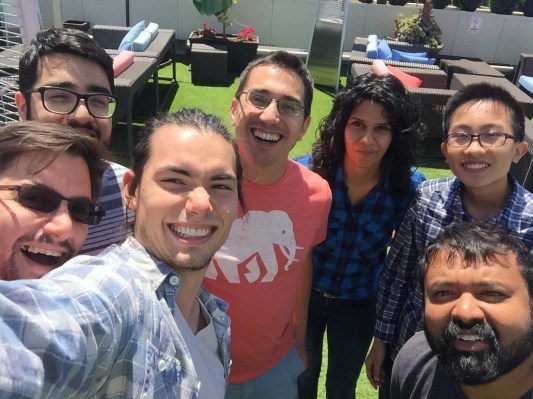Dr. Karim Galil was tired. He was tired of losing patients to cancer. He was tired of messy medical records. And he was tired of trying to stay on top of the avalanche of clinical trials touting one solution or another. Losing both patience and too many patients, Galil decided to create an organized and artificially intelligent system to match those under his care with the best diagnostic and treatment methods available.
He called his new system Mendel.ai after Gregor Mendel, the father of modern genetics science, and has just raised $2 million in seed funding from DCM Ventures, Bootstrap Labs and Launch Capital to get the project off the ground.
Mendel.ai is similar in many ways to the U.K.-based BenevolentBio, which is focused on skimming through scientific papers to find the latest in cutting-edge medical research. But rather than using keyword data, Mendal.ai uses an algorithm that understands the unstructured, natural language content within medical documents pulled from clinicaltrials.gov, and then compares it to a patient’s medical record. The search process returns a fully personalized match and evaluates the patient’s eligibility for each suggested treatment within minutes, according to Galil.
The startup could prove useful for doctors who increasingly find it difficult to keep up on the exhaustive amount of clinical data.
Patients are also overwhelmed at the prospect of combing through mountains of clinical trial research. “A lung cancer patient, for example, might find 500 potential trials on clinicaltrials.gov, each of which has a unique, exhaustive list of eligibility criteria that must be read and assessed,” says Galil. “As this pool of trials changes each week, it is humanly impossible to keep track of all good matches.”
Mendel.ai seeks to reduce the time it takes and thus save more lives. The company is now integrating with the Comprehensive Blood & Cancer Center (CBCC) in Bakersfield, Calif, which will allow the center’s doctors to quickly match their patients with available clinical trials in a matter of minutes, according to Galil.
The plan going forward is to work with hospitals and cancer genomics companies like the CBCC to improve Mendel.ai and introduce the system. A more immediate goal, Galil says, would be challenging IBM’s Watson against his system to see which one can match up the patients better.
“This is the difference between someone dying and someone living. It’s not a joke,” Galil told TechCrunch.
